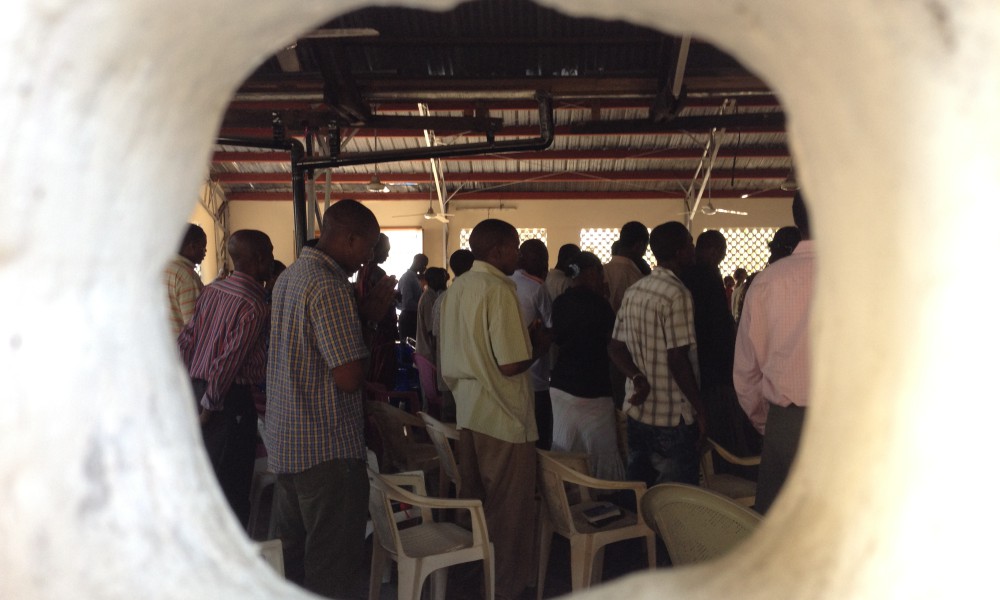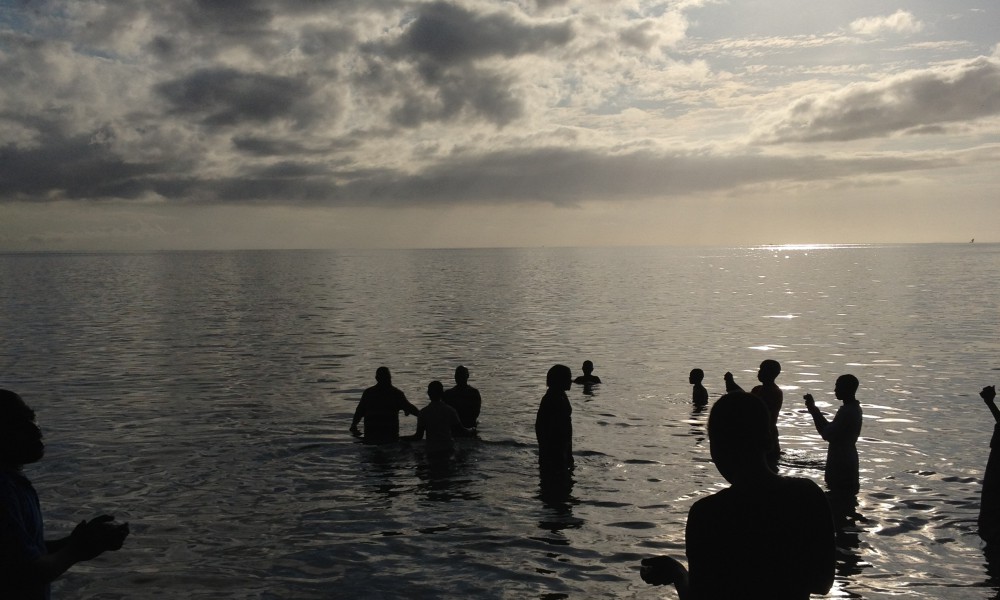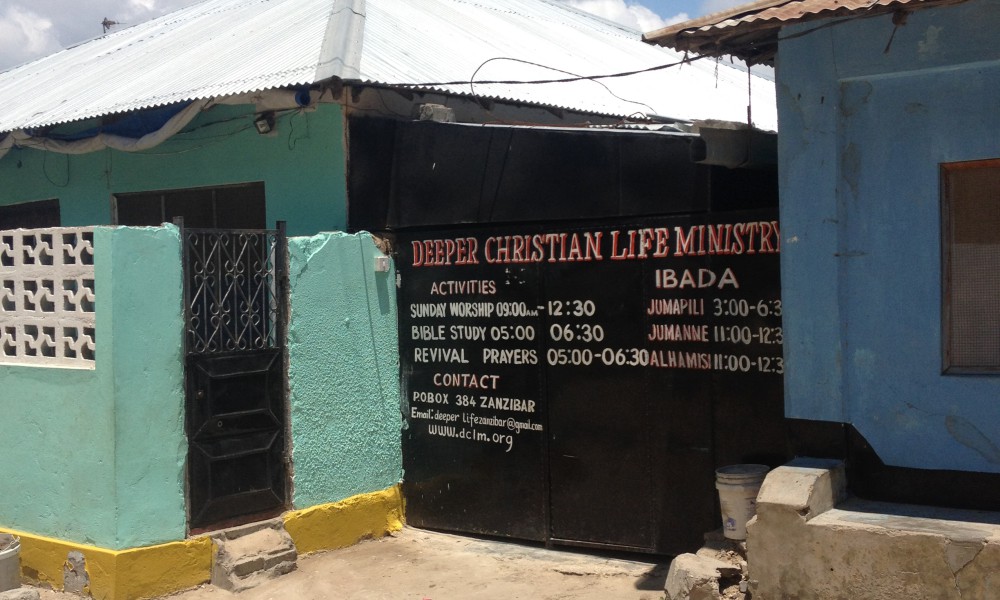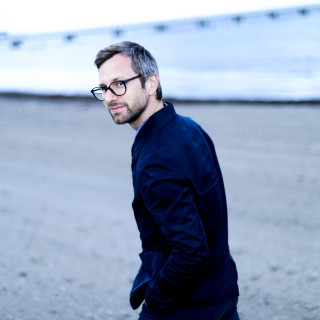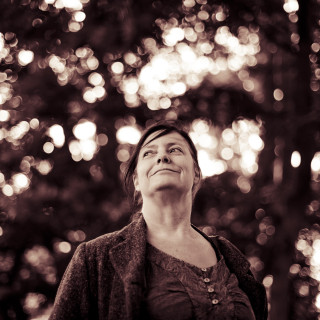In the name of Jesus
There are two billion Christians in the world and the religion is gaining new ground in developing countries. Researchers predict that by 2020, 65% of the world’s Christians will live in Africa, Asia and Latin America. Mika Vähäkangas, Professor of Mission Studies at Lund University, explains the growth by saying that local people have greater freedom to interpret Christianity.
“In the past, missionaries took Christianity to Africa. Now Africans are adopting Christianity as their religion.”
The area of Christianity that is growing is the Pentecostal and charismatic, a movement that emphasises the experience of the Holy Spirit, prophecy, speaking in tongues and the gift of healing. The movement also holds to a fundamentalist interpretation of the Bible.
Christianity did not originate as a Western religion. The first millennium had an emphasis on the Oriental, the second focused on the Western and we are now into phase three, global Christianity. Sweden is one of the Western world’s least Christian countries, with less than 10% of Swedes calling themselves practising Christians.
“The interpretation of Christianity around the world is spiritual, and our Nordic Christianity has become modern and disenchanted, which wouldn’t work in Africa. In the African worldview, the spiritual world is more real than the visible world. The world is interpreted through the reality of the spiritual world. African languages do not have a word for religion; it is a part of life.”
Most of those who convert in Africa are not Muslims, but rather are followers of traditional religions in which it is possible to be a Tanzanian, Maasai and Christian at once. Culture and religion go hand in hand.
“People live in a world of risk and have to protect themselves from everyday calamities. In cities more than in the countryside, Africans believe in witchcraft and evil spirits, and therefore need the protection of Jesus and the Holy Spirit. This may be difficult for a Scandinavian Christian to understand, because our churches have been modernised, but in the rest of the world people are Christians and believe in sorcery, living a rational day-to-day life with supernatural elements. There are even leaders in African churches who come from a background in science but find Christianity gives them answers.”
Could Christianity contribute to social development in developing countries, with democratic ideas and equal rights for women?
“I would like to believe that the growth of Christianity could create better opportunities for women and children. In various ways, churches have taken a favourable approach to greater recognition of women and to gender equality issues, but there are also churches that do not have a positive attitude towards women. There are many threats and everything depends on the way in which you choose to interpret the Bible – it is always possible to find something to support your actions. However, there are also churches founded by women and with women priests.”
Text: Bodil Malmström
Photo: Hans Olsson
Published: 2014


